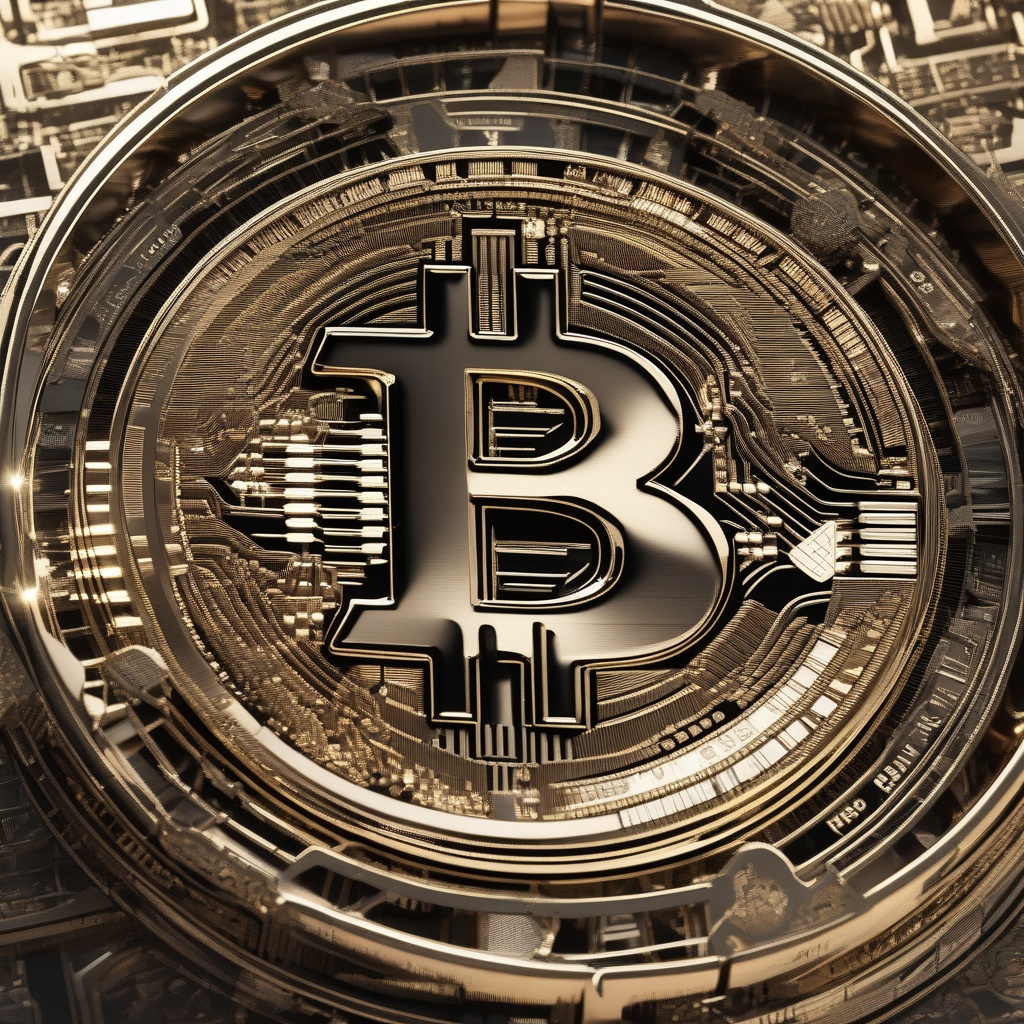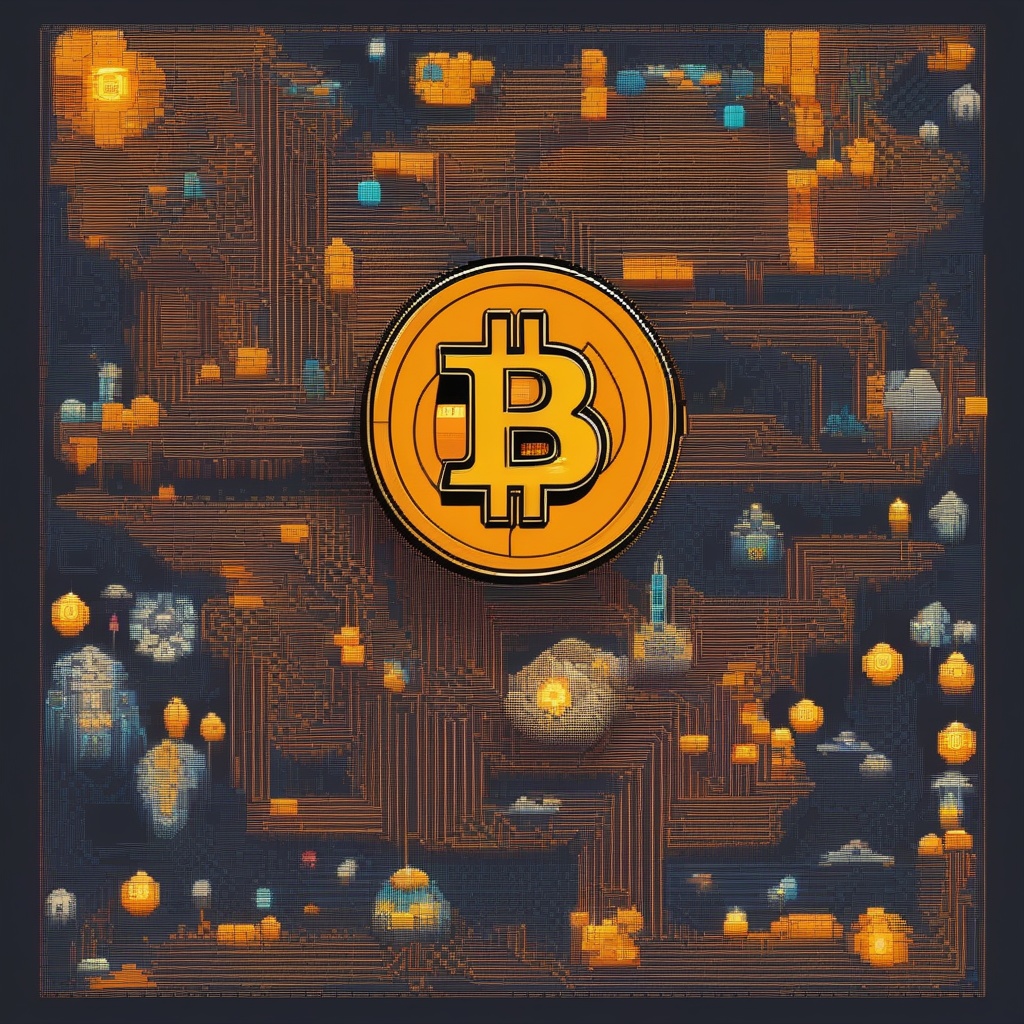Is Quant better than Bitcoin?
When it comes to the question of whether Quant is better than Bitcoin, it's important to note that both projects have distinct objectives and utilize different technologies. Bitcoin, as the pioneer of cryptocurrencies, has established itself as a store of value and a medium of exchange, with its decentralized nature and fixed supply of 21 million coins. However, Quant, on the other hand, aims to facilitate interoperability between different blockchains, allowing for the seamless transfer of value and data. The key difference lies in their use cases. Bitcoin focuses primarily on monetary transactions, while Quant aims to solve the issue of cross-chain communication. This begs the question: which aspect is more valuable in today's rapidly evolving digital economy? Does the need for a decentralized currency outweigh the demand for cross-chain interoperability? Ultimately, the answer to "Is Quant better than Bitcoin?" depends on individual preferences and the specific use case. Both projects offer unique benefits, and it's up to the user to determine which one aligns best with their needs and goals.

Where is the best place to buy Quant?
Could you please elaborate on where the most suitable venue is for purchasing Quant? I'm interested in exploring this cryptocurrency but am unsure of the most reliable and secure platforms to make such a transaction. Are there any specific exchanges or marketplaces that you would recommend for acquiring Quant, considering factors like transaction speed, customer service, and security measures? Additionally, are there any specific steps or considerations I should take before making a purchase to ensure a smooth and secure transaction? Thank you for your assistance in navigating this process.

Can Quant reach $100,000?
With the explosive growth of cryptocurrencies in recent years, investors and enthusiasts alike have been keeping a close eye on the potential of various digital assets. One such asset that has garnered significant attention is Quant, a blockchain-based interoperability solution that aims to connect different blockchains. The question on many people's minds is: Can Quant reach $100,000? To understand this question, we must delve into the fundamentals of Quant. Its technology promises to revolutionize the way blockchains interact, potentially unlocking vast new opportunities for decentralized applications and services. However, the cryptocurrency market is highly volatile, and past performance is no guarantee of future results. The question then becomes: is the technology behind Quant so innovative and disruptive that it can justify a market capitalization pushing the price to $100,000 per token? What are the challenges Quant faces in achieving widespread adoption? And how does it stack up against other blockchain interoperability solutions? Only time will tell if Quant can indeed reach such lofty heights. But with its unique value proposition and potential to reshape the blockchain landscape, it's a question worth asking and keeping a close eye on.

What network is Quant on?
Could you elaborate on the underlying network that Quant utilizes? Understanding the technological infrastructure is crucial for assessing its capabilities and potential. I'm particularly interested in knowing if Quant is built on an existing blockchain platform, or if it has its own proprietary network. Additionally, insights into the network's scalability, security measures, and interoperability with other systems would be invaluable. Please provide a concise yet comprehensive description of the network that Quant operates on.

Is Quant a good coin to buy?
As a keen observer of the cryptocurrency market, I'm always on the lookout for promising coins with the potential for significant growth. With Quant's unique focus on providing interoperability solutions across multiple blockchains, I'm naturally intrigued. However, the market is volatile and there's always a risk involved in investing in any coin. So, I'm wondering, is Quant a good coin to buy? I've seen its technology praised for its ability to enable secure communication between different blockchains, but I'm curious about its long-term viability and growth potential. What do experts in the field think? Are there any significant risks I should be aware of before making a decision?

